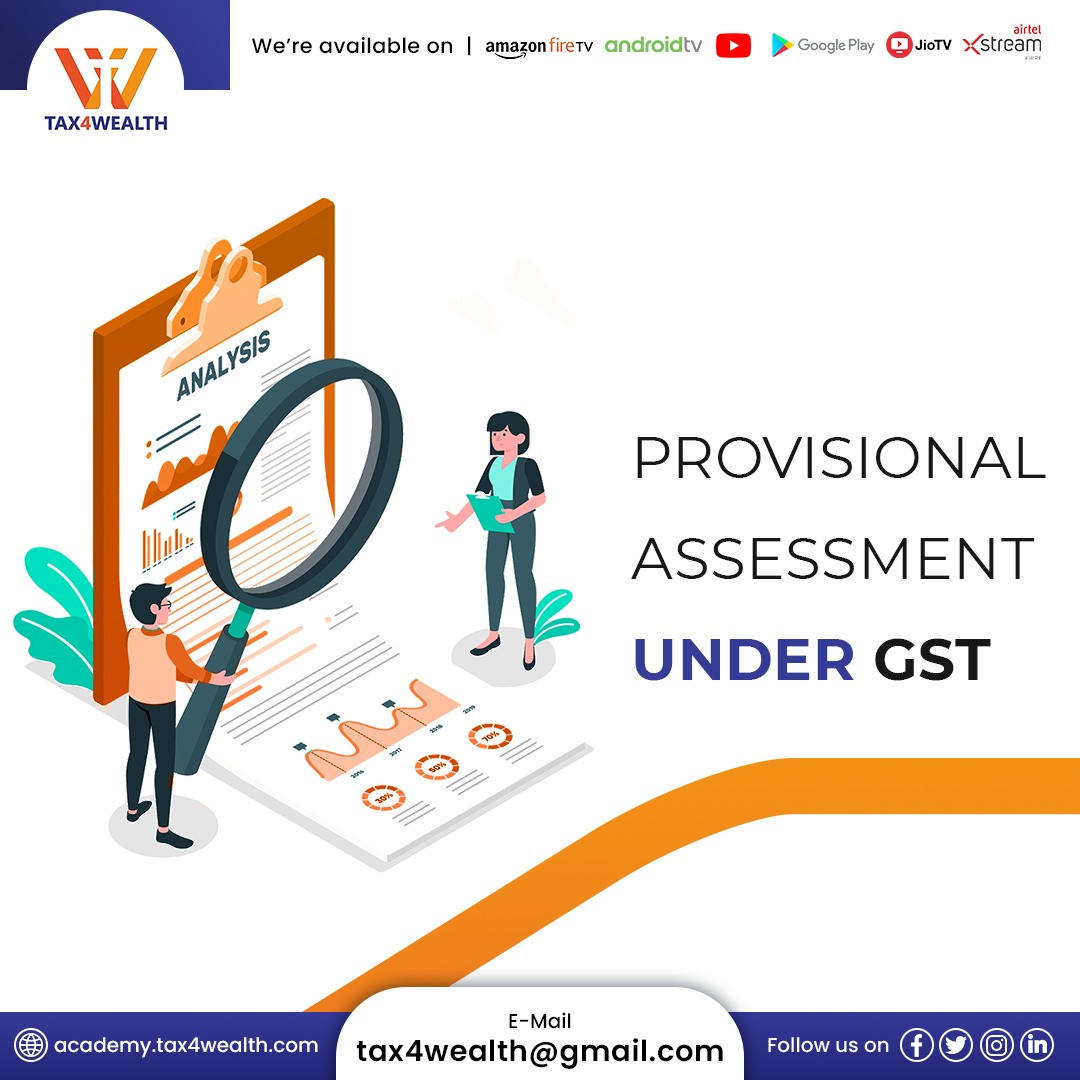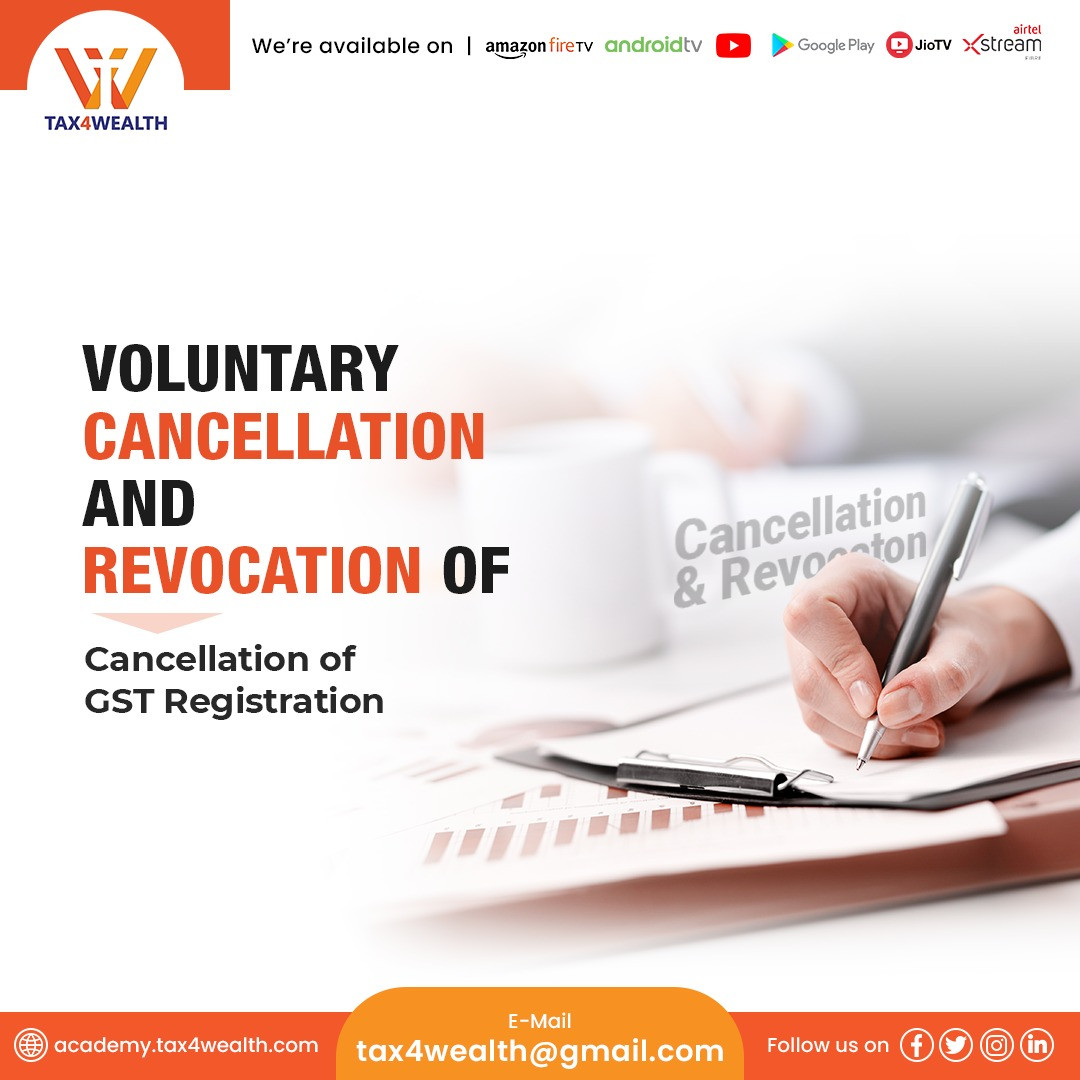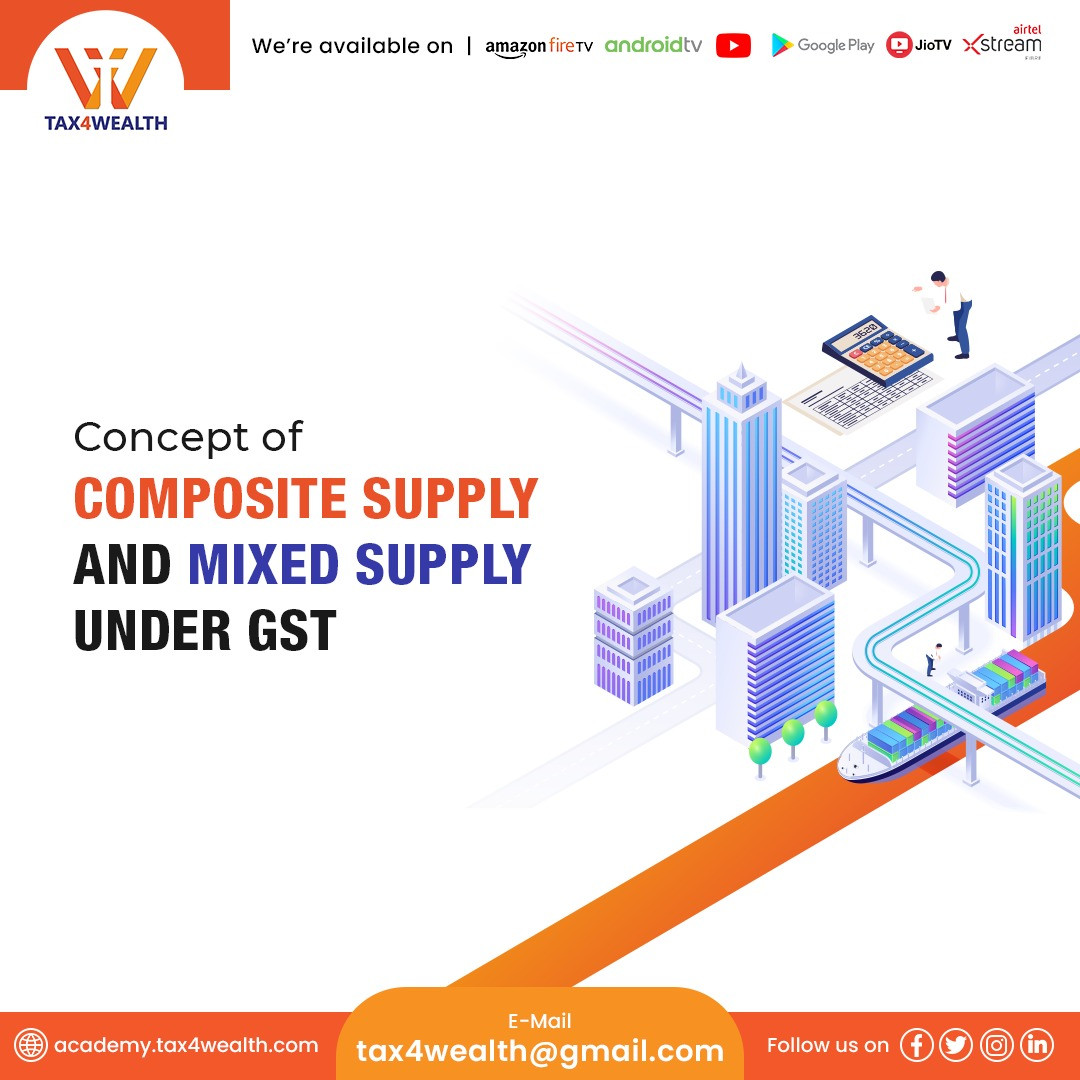
What is Provisional Assessment Under GST?
Introduction:
Assessment refers to the computation of a taxpayer's tax liability under GST. It can be regarded as a process to find put the total tax liability of a taxpayer in each under GST. There are various types of assessments under the provisions of GST. Some of them are mentioned below;
• Self Assessment (Section 59): It is done by the taxpayer for herself or himself
• Provisional Assessment (Section 60): It is done by the GST tax authorities
• Scrutiny Assessment (Section 61): It is also done by the GST tax authorities
• Best Judgment Assessment: It is also done by tax authorities
• Summary Assessment (Section 64): It is also done by the GST tax authorities
• Non-filers of Returns Assessment (Section 62)
• Unregistered Persons Assessment (Section 63)
However, in this article, we will be discussing provisional assessment under GST. The details whereof are provided below;
What is Provisional Assessment?
The provisions of provisional Assessment have been provided under Section 60 of the Goods and Service Tax Act, 2017. According to the aforesaid section, in case a taxpayer is unable to determine his or her rate or amount of tax liability, then he or she can request the Assessing Officer to conduct a provisional assessment. Further, it provides two conditions under which a provisional assessment can be done. The details whereof are mentioned below;
• In case, the taxpayer is not able to determine the amount of tax liability or facing difficulty while calculating the value of a transaction or has confusion regarding the addition of some receipts, etc.
• In case the taxpayer is not able to determine the tax rate as a result of facing difficulty in the classification of goods and/or services or being confused about if the notification is applicable or not.
Procedure for Provisional Assessment:
The procedure to conduct a provisional assessment is provided below;
• The taxpayer must request for provisional assessment in writing to the GST Assessing Officer.
• Upon receiving such a letter from the taxpayer, the Assessing Officer will pass an order within 90 days from the date of receiving the request letter after a successful review of the application. This order will be issued in respect of tax payment on a provisional basis or a value specified GST rate by the taxpayer.
• The taxpayer who wants to make payment on a provisional basis is required to issue a bond along with security mentioning to pay the difference amount of tax between provisional assessment tax and final assessment tax.
•, the Assessing Officer will pass the order of final assessment within 6 months from the date of order of payment for provisional assessment.
• Provisional assessment will be conducted after the final assessment.
Interest Payable for Provisional Assessment under GST:
In case the taxpayer is subject to payment of more taxes after conducting the final assessment as compared to the tax paid at the time of provisional assessment, then the taxpayer is subject to pay interest at a specific rate related to such tax payments. It is to be noted that the interest on tax to be paid by the taxpayer will be calculated from the actual due date of tax to the actual payment of tax. Accordingly, the interest will be levied. However, the maximum rate of interest is 18%.
Refund under Provisional Assessment under GST:
In case the taxpayer is subject to pay fewer taxes after the final assessment as compared to the tax paid at the time of provisional assessment, then such taxpayer will get the refund of the same amount along with the interest on such refund under the provisions of Section 56 of the Goods and Service Tax Act, 2017. The maximum rate of interest for such a refund is 6%.
Time Limit for Final Assessments under GST:
The final assessment can be done within a period of 6 months after conducting the provisional assessment. However, the aforesaid time limit can be extended by the Additional Commissioner of Joint Commissioner for the next 6 months. Further, Also if required the Additional Commissioner of the Joint Commissioner can extend the time limit to 4 years.
Penalties for non-compliance with Assessment under GST:
There may be certain penalties under GST that can be levied in case of non-compliance with Assessment under GST. The details whereof are as follows;
• 100 % penalty on the amount involved with a minimum penalty of Rs. 10,000 is imposed with regard to short deductions and tax evasion.
• The aforesaid penalty can be extended to Rs. 25,000 which can be subject to payment in the following circumstances;
I. The taxpayer who receives any goods and/or services knowing that it will be a violation of the provisions under the Goods and Service Tax Act.
II. In case of involvement of the taxpayers in fraud in order to avoid GST
III. Any person is not issuing an invoice as per the provisions of the Goods and Service Tax Act.
IV. Any person fails to maintain proper books of accounts in respect of invoices.
V. Any person who is absent from the tax authority in case any summons has been issued.
In case the taxable amount involved in such GST avoidance is between Rs. 1 crore to Rs. 2 Crore, then one year of imprisonment with a fine is imposed.
In case the taxable amount involved in such GST avoidance is between Rs. 1 crore to Rs. 5 Crore, then three years of imprisonment with a fine is imposed.
In case the taxable amount is short paid and not paid entirely, then a 10% penalty will be charged on the due amount with a minimum penalty of Rs. 10,000.
Related News
No comments yet, Be the first to comment.













